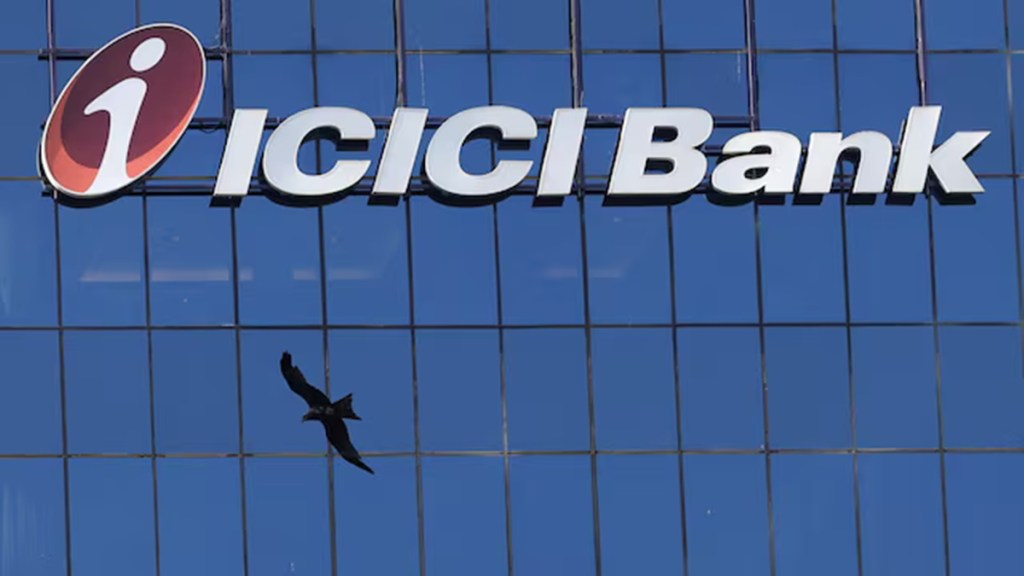ICICI Bank’s recent decision to raise the minimum average balance (MAB) for new savings accounts – by five times across segments – marks a significant shift in the retail banking strategy – focus on customer profitability.
Banking industry sources said that this move will impact around 8-10% of its new customers. “Currently, ICICI Bank (as well as other private sector banks) has 50% of its customers as salary accounts which are not impacted, neither are pensioners or students or people with Jan Dhan accounts. So, the impact will be on new customers who already have a primary account in another bank, and are looking to open another account in which they keep smaller amounts,” said the source, adding that ICICI Bank is basically discouraging such customers because it is not profitable.
In addition, new customers who maintain the Rs 50,000 MAB will be assured of many free facilities – no charges on their fund transfer, free cheque and others. Of course, the last time ICICI Bank had increased the MAB was in 2015. So it is betting that customers will be willing to keep a higher amount with the bank for services.
The Strategic Shift Behind the Policy Change
Analysts said that the bank’s intent is to recalibrate its customer base. “It’s a very strategically carved-out move by the bank… They’re doing it to focus on the mass affluent segment,” said an analyst from a domestic brokerage firm. The move is aimed at attracting high-value customers while gradually weaning out less profitable segments.
Agreeing with him, a senior banker with a private sector bank stated that “while a broader trend toward mass affluence is seen, it’s a nuanced shift rather than an abandonment of inclusion efforts.” He adds that private banks are recalibrating their strategies for profitability and cost management, and competition.
Why Low-Value Accounts Are Becoming Unprofitable
The idea to discourage low MAB accounts comes from the fact that high operational costs, while offering slim margins due to competitive interest rates and rising funding costs.
In contrast, high MAB thresholds allow banks to optimise liquidity ratios and focus on higher-margin customers who engage with premium services like wealth management, credit cards, and investments. With Fintechs, UPI-linked wallets, and neo-banks having commoditised basic banking for the masses, offering zero-balance accounts, banks are now differentiating by targeting affluent customers, where personalised advisory and cross-selling drive higher returns.
“The old limits seem to have been set a long time back, and therefore the enhancement is likely to be more of a time correction,” said Sanjay Agarwal, Senior Director at CareEdge Ratings on ICICI Bank raising its MAB for new clients. He added that banks are likely to work towards correcting various customer conveniences over time, based on their estimated costs and profitability.
“There might be some disruption… but after some point of time, this could also become a new normal,” said a banking analyst, drawing parallels to how low interest rates on savings accounts have become widely accepted. ICICI’s move, though bold, is expected to set a precedent. “ICICI (Bank), since it’s a big bank, it’s a leader, and it is a matter of time before other banks will also follow to protect their margins,” added the analyst
The strategy goes beyond liquidity, focusing on deepening relationships with high-value customers. “They’re also doing it mainly to cross-sell more of their products like wealth management and insurance,” said a banker. By segmenting customers more sharply, banks can tailor offerings and drive higher lifetime value per account.
While no other banks have yet followed suit, industry watchers believe this shift will gain traction. The rising MAB thresholds are not just a pricing decision; they’re a strategic signal. In a low-margin environment, banks are choosing experience, segmentation, and profitability over scale. “It’s a move to improve the proportion of low-cost deposits and onboard quality clients, and possibly they believe this customer base would provide more opportunities to cross-sell other products. How will it play out remains to be seen,” says Karthik Srinivasan, Group Head-Financial Sector Ratings, ICRA.
